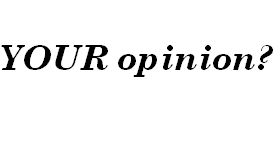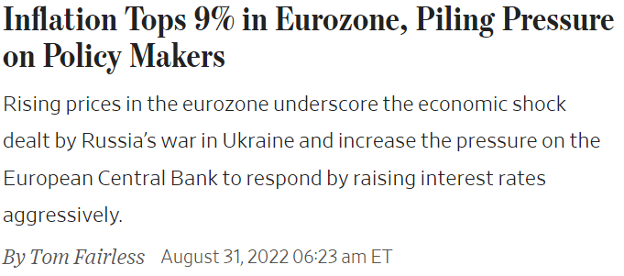MISTAKE MONDAY for Jan. 29: Can YOU spot what’s wrong?
Can you spot what’s wrong in the image below? Please post your answer as a comment.
If you follow the Investment Writing Facebook page, you know what I’ve been testing everyone’s proofreading skills since I introduced the concept on my blog in November 2011. I post an image, then challenge people to respond by identifying the mistake(s) in it. I do this to raise awareness of the importance of proofreading. I also do it to remind myself to take proofreading more carefully. After all, some of the Mistake Monday items have been written by me. This week’s Mistake Monday comes from a major newspaper that must use professional proofreaders.

Starting this week, I am experimenting with moving Mistake Monday from Facebook to my blog. Why am I doing this? First, it’s easier to schedule posts in advance using WordPress than through Facebook. Second, my blog gets more traffic than my Facebook page. I’m scaling back my attention to Facebook.
Meanwhile, I’d like to thank the Mistake Monday loyalists who’ve commented, liked, and sent outrageous Mistake Monday examples to me. I appreciate you.







